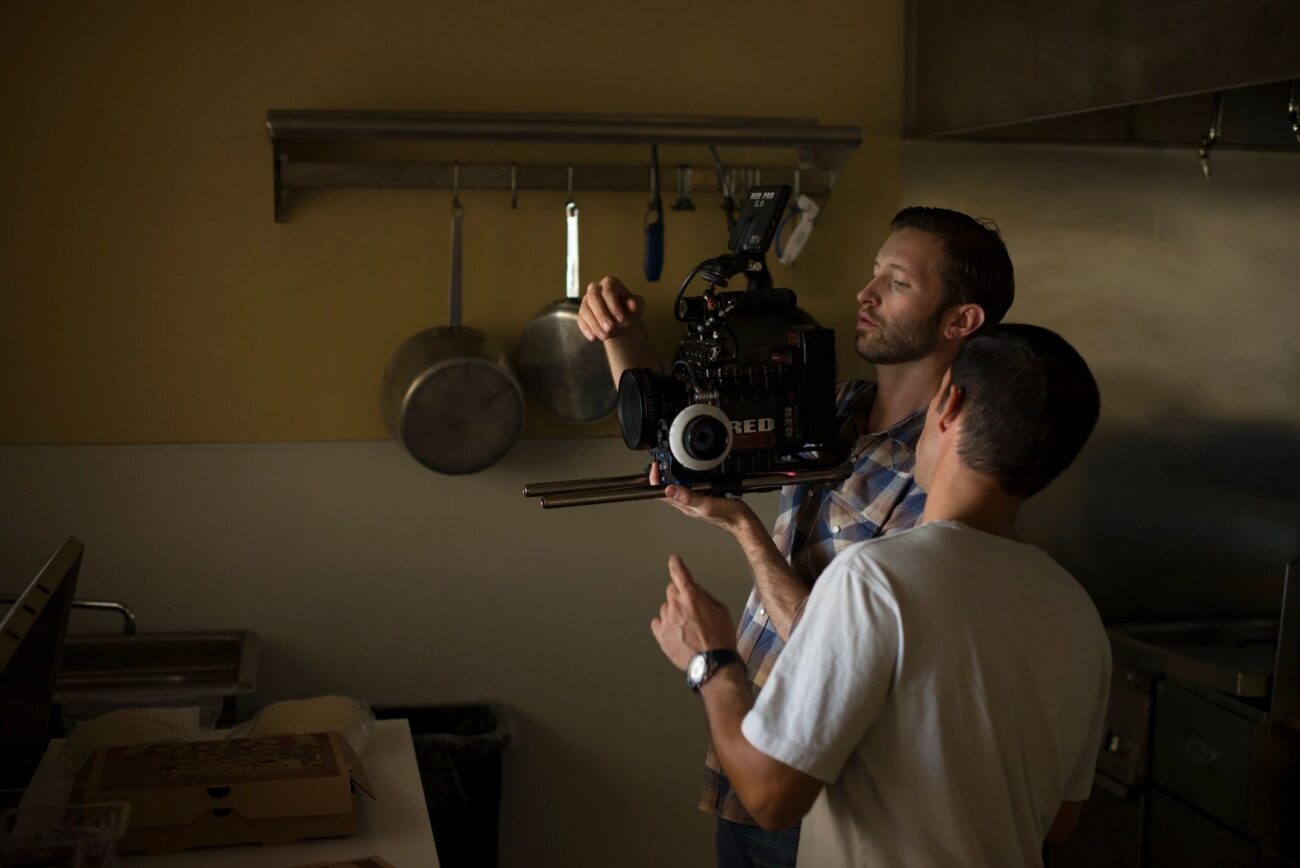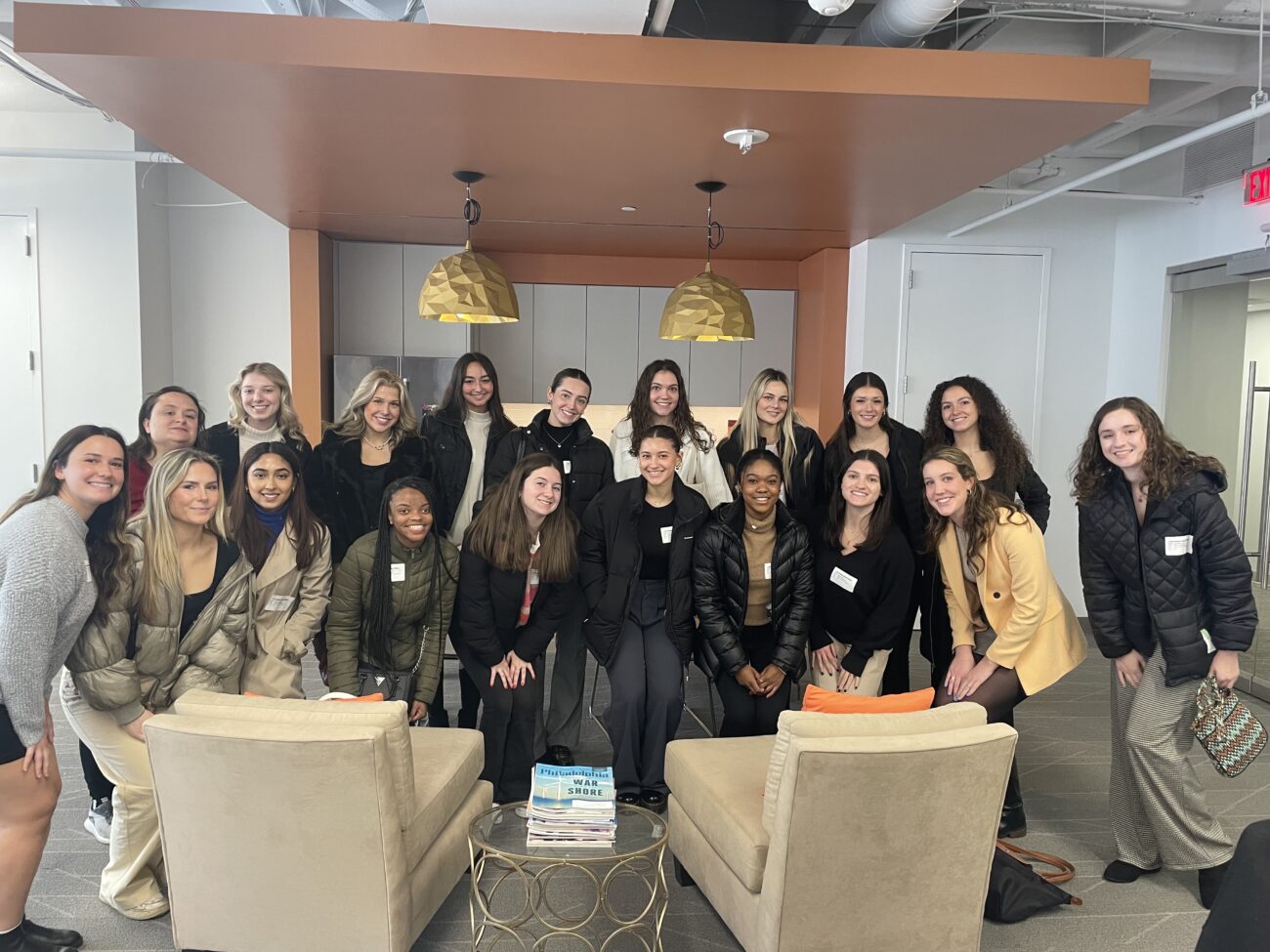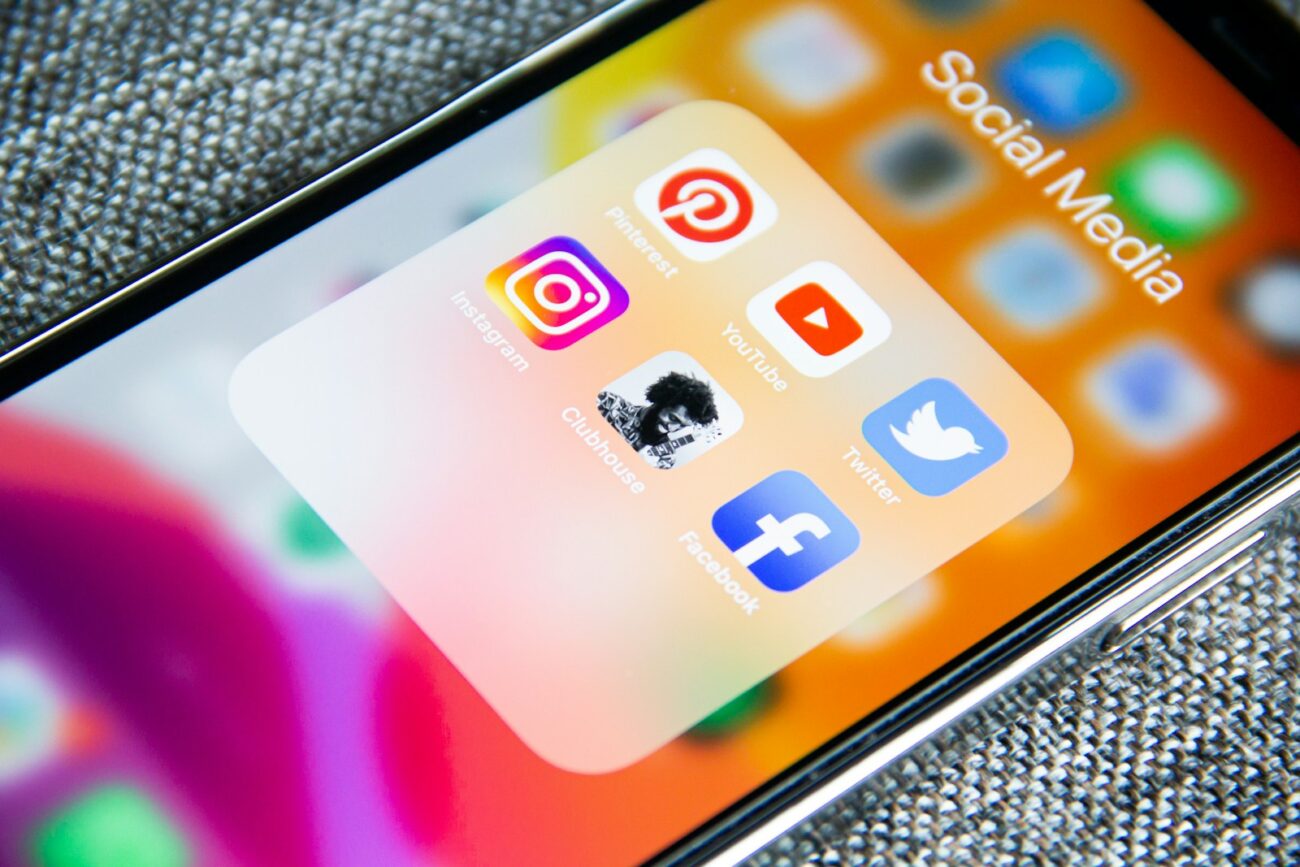What if I told you that you actually have two resumes?
During your time spent at West Chester University, your professors and advisors will give you amazing advice to strengthen your resume. However, in the 2020 job market, employers look at much more than just your on-paper resume – especially for a communications-related occupation. Through research, as well as my personal experience, I have cultivated 6 tips to creating a strong social media presence which you can use as an extension of your resume.
Keep your page PG
This probably seems obvious but I honestly cannot count how many times I’ve seen one of my peers post a picture at a college party and, to hide the alcohol in his or her hand, he or she put a cow emoji or a smiley face over the cup. If this was you at some point, I give you an A for effort but I can promise you that your future employer is not fooled. The best rule of thumb is do not post anything on your page that you wouldn’t want your grandmother to see. Keep your page as clean as possible to ensure that your future employer will not see something you would not like them to see.
Praise Others On Social Media
One of the greatest tools of social media platforms, specifically Instagram and Facebook, is the ability to comment. As a user, you have the ability to make your opinions known. Many people use this feature to comment on their friend’s posts to tell them “you look great in this photo”, but there is another spectrum of the comment tool that can be used to tap into the job market. As a social media user and consumer, offer public praise to companies through commenting on their posts. Let companies know you’re interested in them through actively staying up to date on their content and, in doing so, you might find that they have an interest in you too.
If You Can’t Say Something Nice, Don’t Say Anything At All
As mentioned in tip #2, commenting can be an excellent practice to utilize on social media. However, in the same way that sharing positive comments can benefit your career, sharing mean comments can affect your+ future negatively. For commenting, use the rule of thumb “if you can’t say anything nice, don’t say anything at all.” In addition to mean comments, stray away from sharing comments regarding topics you might feel “too passionate about”. For example, politics acts as wedge between many different people in our country. While it is important to have our own opinions and beliefs, do not let a Facebook rant or a negative comment on an Instagram post fog your judgement. Your future employer has an opinion too and you definitely do not want to get off on the wrong foot before you even have an interview.
Highlight Your Personality and Experiences
If you decide to put your social media links on your paper resume, or decide to keep your platforms public to begin with, you invite future employers to a larger sneak peek into your life. Resumes and LinkedIn do an excellent job at highlighting your professional experience, however your Instagram and Facebook have the ability to emphasize your personality. Use the more “fun” social media platforms to share pictures and videos of the different experiences you’ve been able to pursue. Some photos might include: study abroad pictures, family-photos, Internship photos, and more.
Follow The Companies You’re Applying To
We live in a culture obsessed with our follower-to following ratio. When we realize someone unfollowed us, we will probably unfollow that person to maintain a higher follower count. Do not let this weird societal-standard stop you from following larger companies. Most likely, the company will not follow you back on any social media platforms but it may do wonders for you when it comes time to interview. Also, following companies you’re interested in working for will give you a deeper look into the company itself and what they stand for.
Amplify Your Personal Brand
The last tip I have is all about you and how you want to portray yourself to, not only your future employer, but also the world. Everyone on social media, even if they don’t recognize it, has a personal brand. Your brand is the perception or impression other people have of you based on you experience, expertise, competencies, actions and achievements within a community, industry, or the marketplace at large. Let your brand set you a part from the crowd. Find your niche and use it to your advantage, brand yourself and let companies and organizations know what you stand for. You never know, it might just get you a job.












